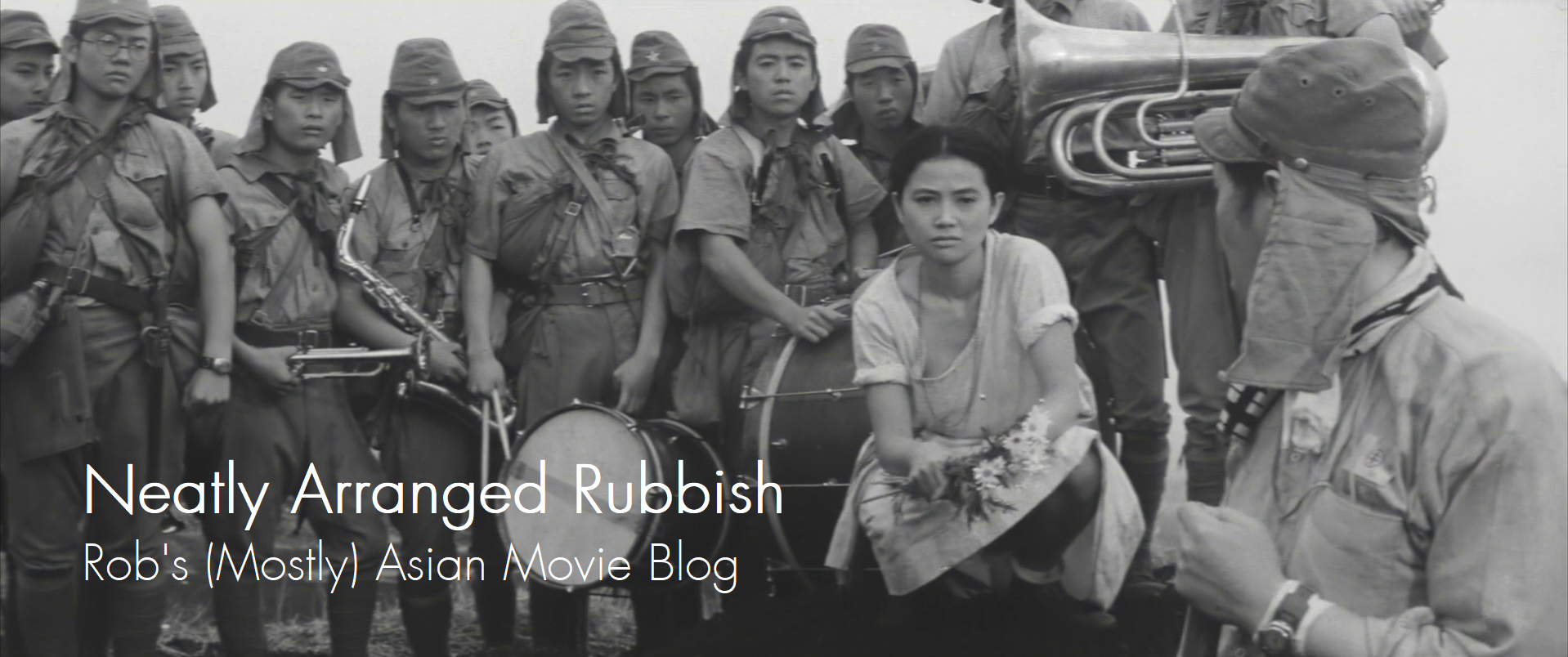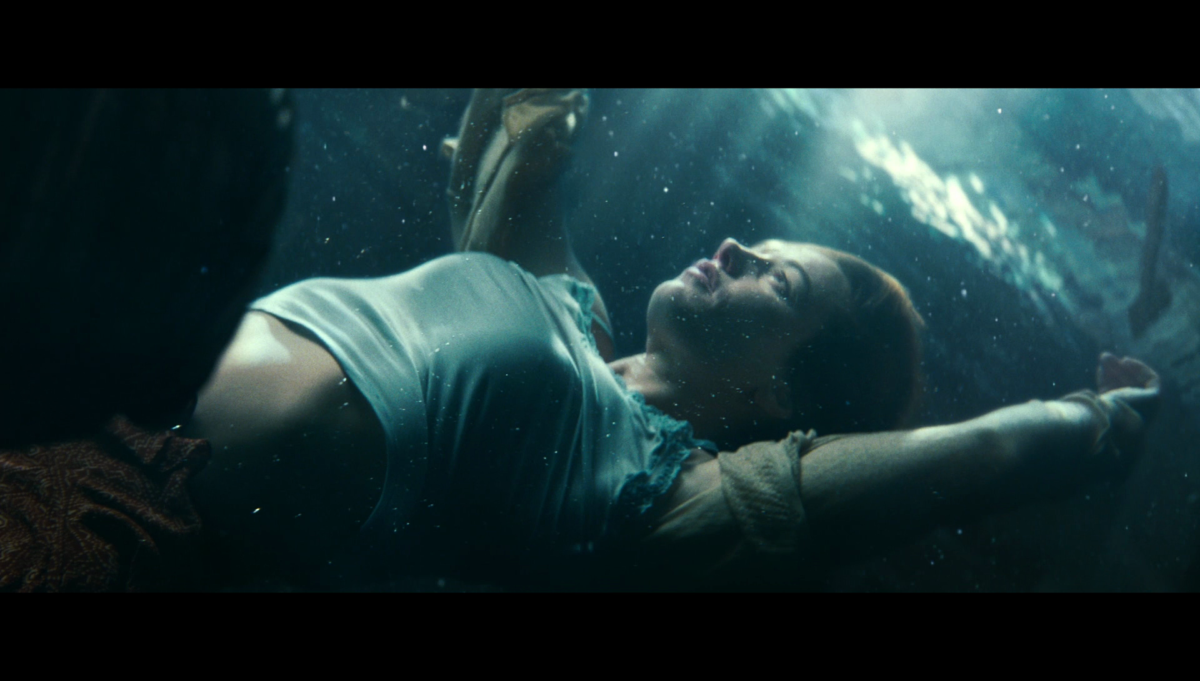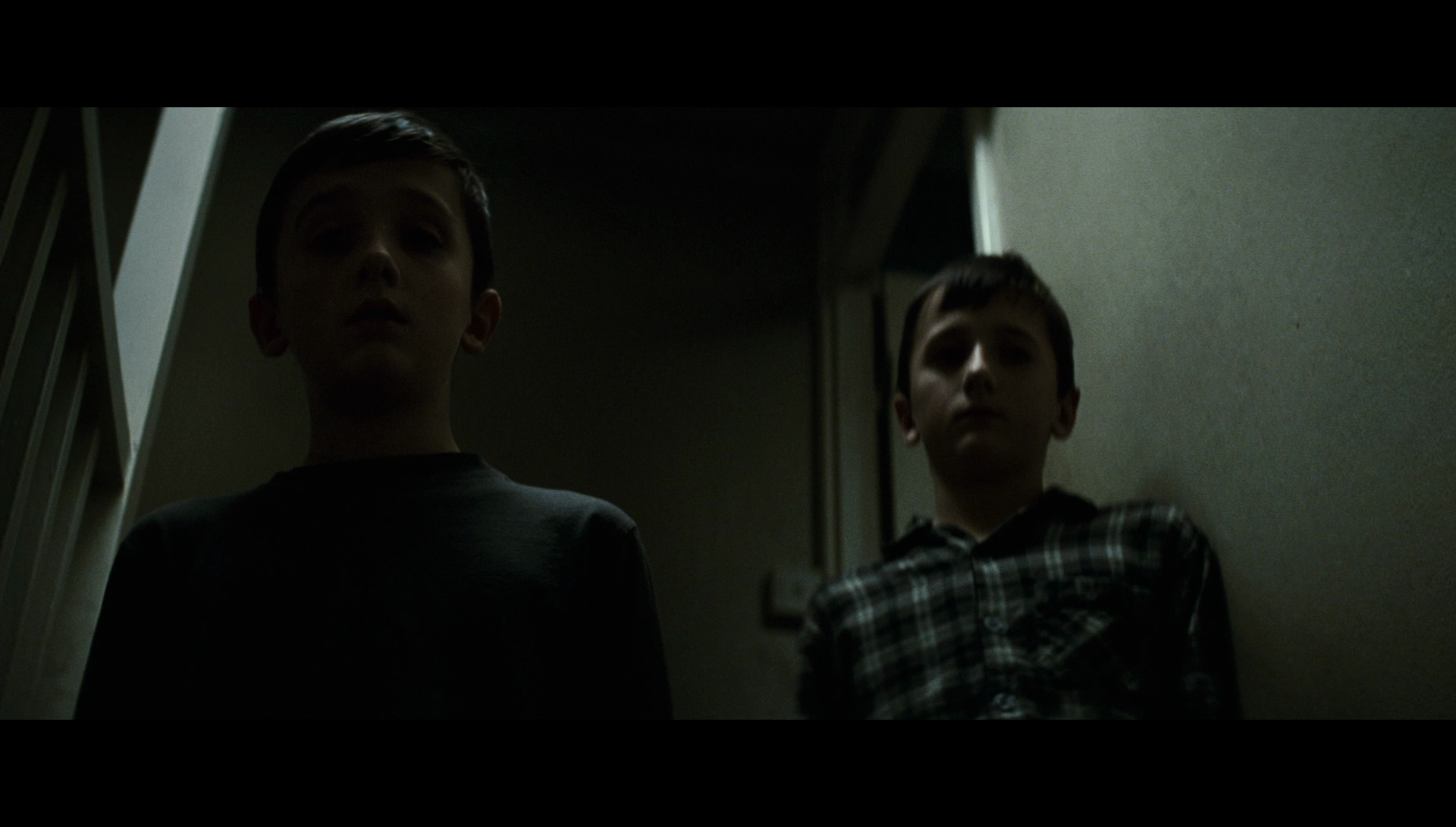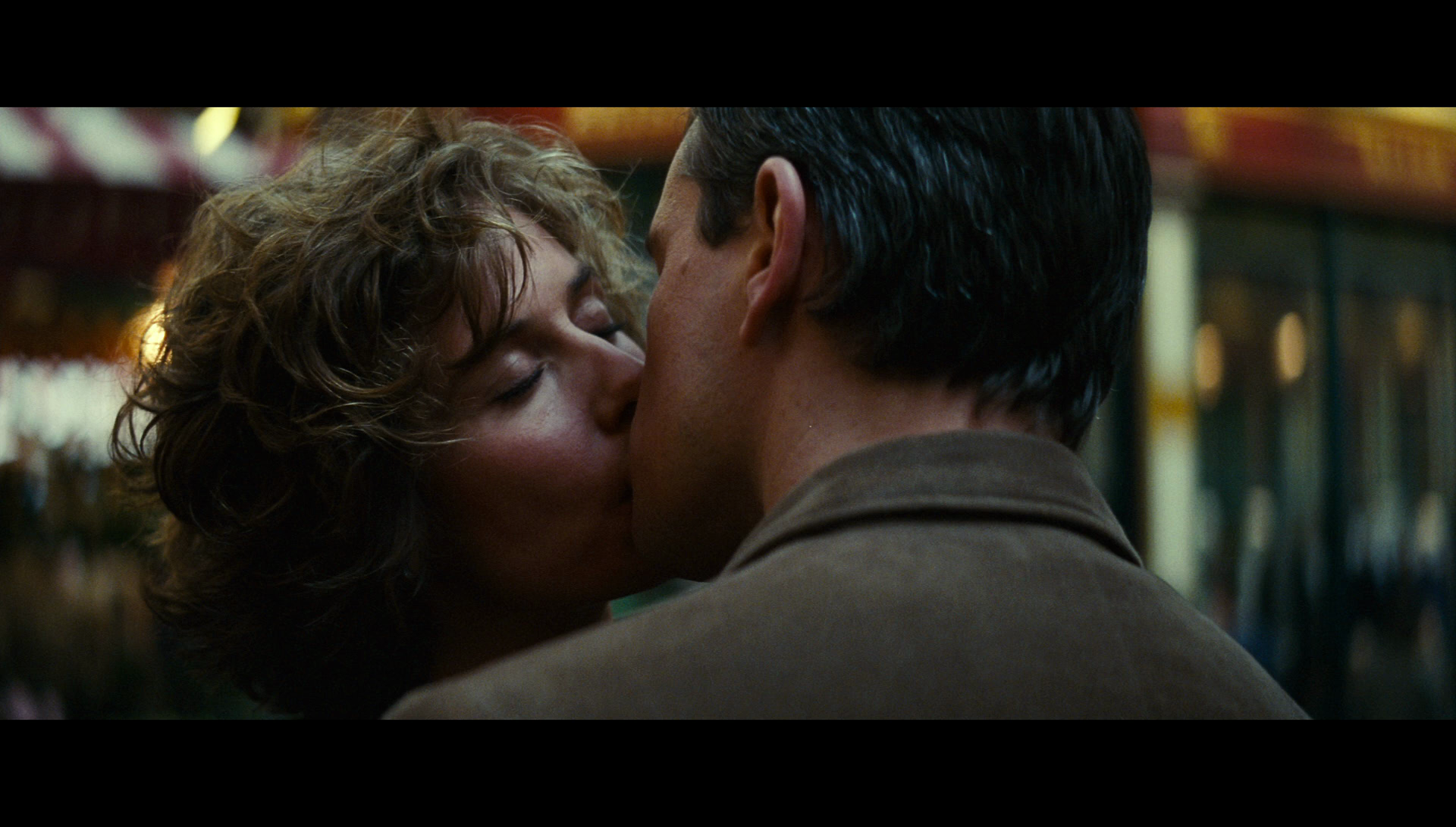Last Updated on September 30, 2020 by rob
In Asia, French TV reporter Marie (a luminous Cecile deFrance) briefly dies during a horrific natural disaster and has a vision of what she suspects may be the afterlife. Back home she can’t get the experience out of her mind and her obsession threatens her high-flying career and friendships. In San Francisco, lonely, middle-aged factory worker George (Matt Damon) can apparently talk to the dead but his ‘gift’ makes it impossible for him to form relationships with anybody. Finally, on a grim housing estate in South London, young twins Marcus and Jason (George and Frankie McClaren) try to fend off social workers from taking their druggie Mum (Lyndsey Marchal) away. But when tragedy strikes, Marcus loses the brother he always depended on and that need drives him into the arms of charlatans promising contact with the dead.
Hereafter is Clint’s self-decribed ‘French movie’; a European art-house drama with Hollywood production values. It’s yet another Eastwood movie that ranks as the best American film of the year because it engages both heart and mind with its tale of three individuals in different parts of the world disconnected from life after a brush with death. This is Eastwood’s quietest film and one of his very best. The director has always exhibited a fondness for emphasising character over plot but here he goes further than ever before, luxuriating in the lives and surroundings of these three very different people. Hereafter has almost no plot, a third of it is subtitled, there’s no villain, the film asks questions without supplying answers, the performances are beautifully underplayed, the most spectacular sequence comes right at the start instead of at the end, and death is the starting point for both the characters and the story rather than the climax.
All things that are clearly going to alienate a section of the movie-going public simply because they’re so unaccustomed to experiencing that. And yet the same film features three ordinary people – not the buffed up superheroes of so much contemporary American cinema – the mood isn’t one of overriding anger or self-pity (again, as so much modern American cinema tends to be) but compassionate and thoughtful, kind of contemplative, and in its quietness remarkably compelling. As the American critic Roger Ebert said, it induces in the viewer something akin to the feeling of a reverie. The actors are terrific. Matt Damon gives the best performance I’ve ever seen from him. His lonely factory worker who aches for human contact and goes to sleep listening to Dickens audio books is so heartfelt you find yourself completely rooting for him but at the same time it’s a totally unshowy performance. That same low key quality applies in fact to the whole cast. Cecile deFrance, looking a little like a young Julie Christie, is simply terrific here, both intelligent and vulnerable, and the McClaren twins have a rawness and authenticity that just works.
Those fearing some sort of preachy Hollywood confection about the afterlife needn’t worry. Even the exact nature of George’s talent is ambiguous. We never see him talking to an apparition, nor does he convey any warnings or premonitions from beyond the grave. There’s none of that. In fact if you watch carefully you’ll note that George tells his subjects nothing they don’t already know or could have imagined themselves. Revealingly, what messages he does deliver all reinforce screenwriter Peter Morgan’s key point; that there’s no help to be had from the dead, we’re on our own and what matters are the love and the connections we forge with others in this life. The craft side is equally impressive with the film moving smoothly between the three story lines in 25 min sections thanks to Eastwood’s ace editors Joel Cox and Gary Roach. Tom Stern’s excellent photography gives each setting – Paris, San Francisco and London – a distinct look and on the musical side the film employs Rachmaninoff’s Piano Concerto No 2 with a modest assist from one of Eastwood’s own compositions.
Morgan’s script gives short-shrift to both organised religion and the network of New Age frauds who profit from people’s misery. One of the more amusing sequences shows Marcus visiting a succession of con men ‘psychics’ each of whom offers increasingly ludicrous methods of contact with the dear departed. Yet if all that sounds coldly secular and atheist Eastwood’s film is deeply sympathetic toward the need for those who’ve lost loved ones – who’ve ever wondered what happens when we die – to voice their thoughts, and skewers a materialistic western culture that fears and sidelines anyone who does. Hereafter doesn’t say there is an afterlife. On that point it is ambiguous but in that ambiguity resides a genuine sense of mystery. It doesn’t pretend to have answers but simply asks the questions and it does so with intelligence and compassion. It tells a story about lonely hearts under the shadow of death yet comes down on the side of life, love and simple human connection – not with ghosts – but with each other. I loved it.



